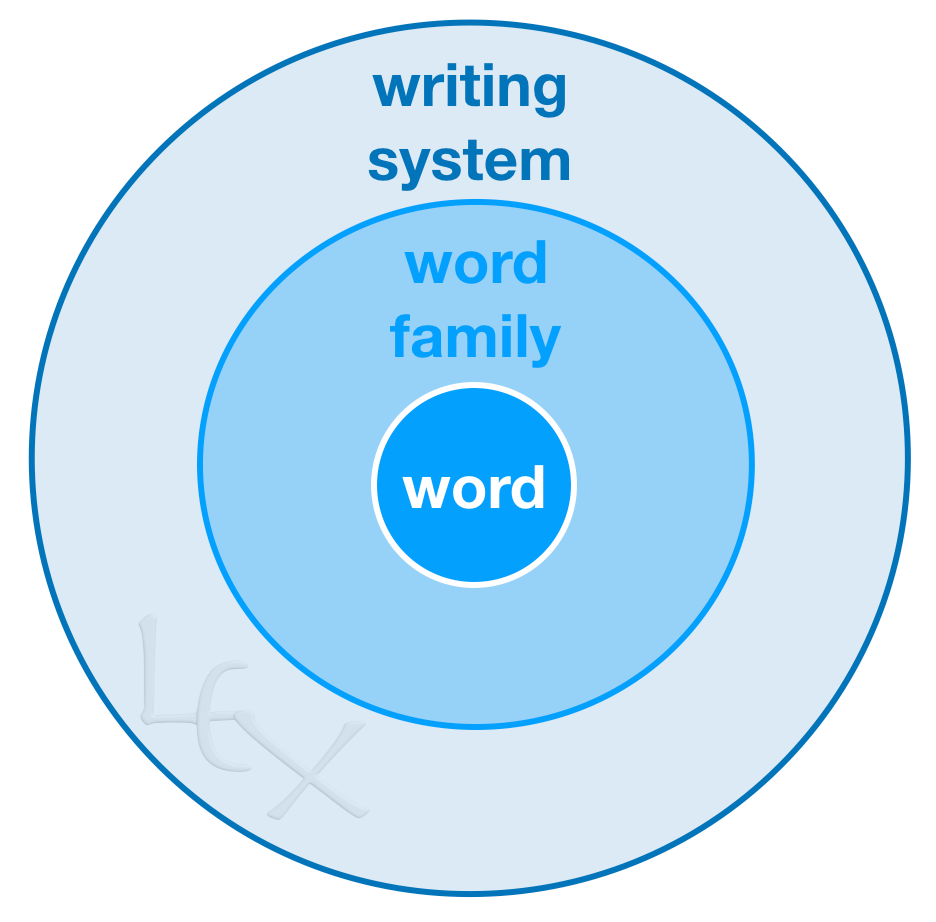"Hi Gina,
"I am so sorry to bother you, but I need help with the truth. A teacher asked me why words such as kind, mild, climb, sign, and old are pronounced with a long vowel rather than the expected short vowel. I looked over my notes from your Lexinar on Syllables and found the discussion about pint, but I didn't write down the answer I'm looking for. I went to Etymonline and RealSpellers, but I am lost in a hole now.
"I found this information from the Logic of English website, but I am skeptical. Is the answer really this simple?
The word <kind> is also a closed syllable. However, you may
notice that the vowel in this word is the long sound /ī/. We have
a spelling rule to explain why this vowel is a /ī/:
I and O MAY say /ī/ and /ō/ when followed by two consonants.
The <i> in kind is saying its long sound /ī/ because two consonants
follow it.
Note: the spelling rule state that <i> and <o> MAY say /ī/ and /ō/
when followed by two consonants. This does not mean they will
say /ī/ and /ō/ all the time before two consonants.
"I know you are so busy, so if you don't have time to respond, no problem. Any guidance you have time to offer would be so greatly appreciated. Thank you!"
I love an inquiry where the inquirer describes her process: where she looked, what she found, and the fact that she's already skeptical. Now that's a smart teacher, and she's not just treating me like an answer machine.
So let's talk about kind old words, shall we? These poor, put-upon words. Every curriculum has a slightly different list of them, and no one offers a proper explanation. Of course, I will, because, I mean, hi, have we met?

